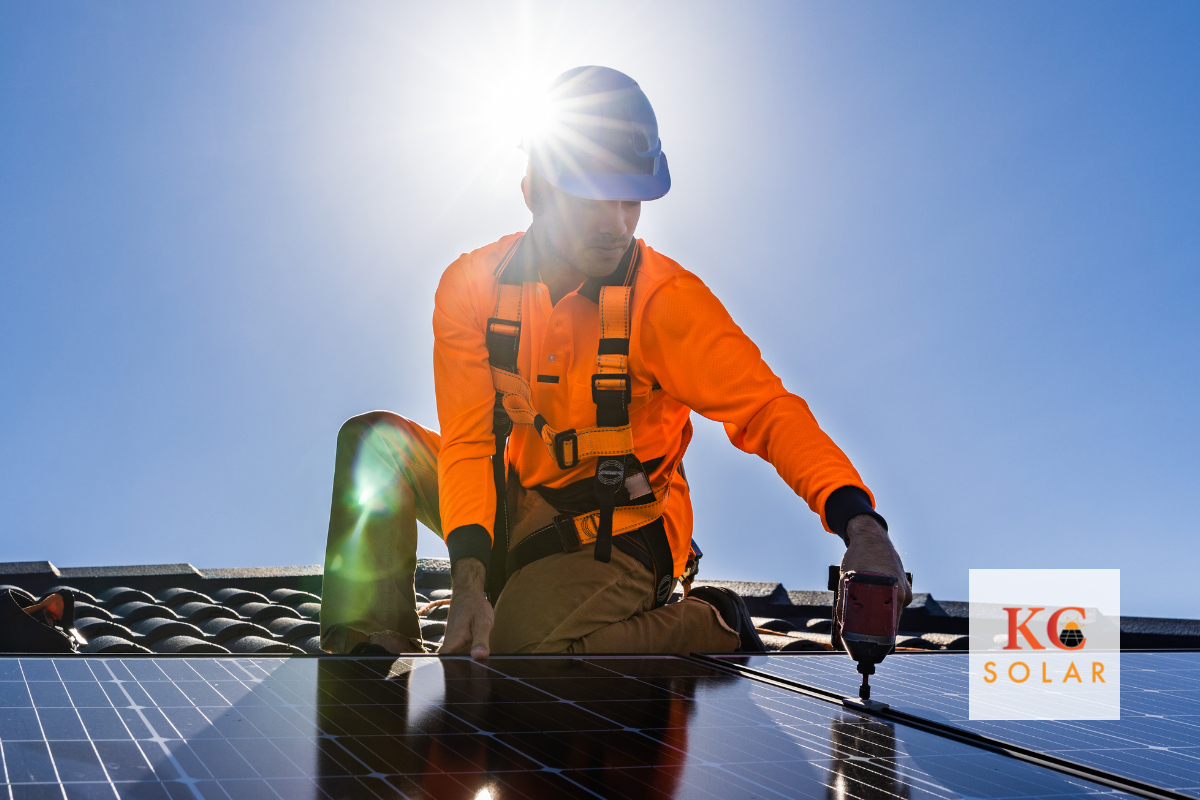Solar energy is booming as homeowners look for sustainable ways to save money on energy bills and reduce their carbon footprints. But this surge in popularity comes with a dark side: a rise in unethical sales tactics and scams targeting unsuspecting consumers.
Despite the many reputable solar companies striving to provide excellent service, the industry’s rapid growth has created opportunities for bad actors.
Recent government oversight, coupled with consumer education campaigns, aims to address these issues and clean up the market. However, the best protection is being informed and vigilant.
Here’s a closer look at why scams persist in the solar industry, what red flags to watch for, and how to ensure you’re working with a reputable company.
Why Solar Creates the Perfect Storm for Scams
The solar industry’s rapid growth has created an environment where misinformation and unethical practices can thrive. As Becca Jones-Albertus, director of the U.S. Department of Energy’s Solar Energy Technologies Office (SETO), explains in an article for Solar Power World:
“It’s not uncommon in a rapidly growing industry where information has not yet [been] standardized for there to be bad actors.”
These “bad actors” take advantage of the relative newness of solar technology and the excitement around its potential savings. Many homeowners are eager to invest but may not fully understand how solar systems work or how to evaluate the quality of the products and companies offering them.
This knowledge gap has allowed solar scams to proliferate, from misleading sales tactics to selling subpar or even discontinued products.
Common Solar Scams and Tactics
High-Pressure Sales Tactics
A hallmark of shady solar companies is the use of aggressive, high-pressure sales tactics. Homeowners report salespeople refusing to leave their property until they sign a contract or misleading them into signing legally binding agreements disguised as waivers.
For instance, a Kansas City homeowner recently recounted how a salesperson wouldn’t leave his home until he agreed to sign a contract, even after multiple requests for them to leave. This coercive behavior is illegal, yet it remains a common complaint among solar consumers.
Deceptive Product Demonstrations
Another scam involves fake product comparisons, such as the infamous “hammer test,” where a salesperson demonstrates the durability of their solar panels by hitting them with a hammer. To discredit competitors, they use low-quality replicas or outdated panels that shatter easily.
These deceptive demonstrations are designed to manipulate consumers into choosing a particular company without considering other reputable options.
Misleading Claims About Regulations
In some areas, solar companies falsely claim homeowners can bypass their Homeowners’ Associations (HOAs) to install panels. While solar access laws vary by state, many HOAs still have the legal right to restrict solar installations. This tactic can leave homeowners entangled in disputes with their HOA or unable to complete their solar projects.
Selling Discontinued or Low-Quality Products
Some companies sell discontinued solar panels or equipment without disclosing this to consumers. For example, following LG’s announcement that it would cease solar panel production, some installers continued to sell these products — leaving customers with limited warranty options and no access to replacement parts.
How the Government Is Working to Stop the Solar Scams
The rise in unethical practices in the solar industry has caught the attention of federal and state governments, as reported by Solar Power World. Agencies like the Department of Energy, Federal Trade Commission, and Consumer Financial Protection Bureau have launched initiatives to educate consumers and hold shady companies accountable.
These efforts include several initiatives aimed at protecting consumers and ensuring accountability within the solar industry. Consumer education guides have been created to help homeowners recognize red flags, such as pushy sales tactics and vague promises of cost savings.
Transparency requirements, like those outlined in Washington State’s Solar Consumer Protection Act, mandate clearer disclosures in solar contracts, while states like Utah have introduced measures such as mandatory waiting periods and refund grace periods to give consumers more time to make informed decisions.
Additionally, industry oversight tools like the platform Recheck enable solar finance companies to verify the identities and credentials of salespeople, promoting greater accountability and reducing the risk of unethical practices.
Spotting Red Flags in Solar Sales
To protect yourself from falling victim to a solar scam, watch out for these warning signs:
- Unrealistic Promises: Be wary of claims like “free solar panels” or “no upfront costs.” While incentives and financing options exist, nothing in solar is truly free.
- Pressure to Sign Immediately: Ethical companies understand that solar is a significant investment and won’t rush you into making a decision.
- Lack of Documentation: Always request a detailed proposal outlining system costs, projected savings, warranties, and maintenance responsibilities.
- Unverified Installers: Research the company’s licensing, insurance, and customer reviews. Platforms like SolarReviews can be helpful in vetting local installers.
How To Choose an Ethical Solar Company
While scams can tarnish the reputation of the solar industry, many ethical companies are dedicated to delivering excellent service. These businesses often operate locally or regionally, allowing them to stay well-versed in local regulations and interconnection requirements.
They typically rely on in-house sales teams rather than outsourcing to third-party contractors, and they prioritize transparency by offering clear information about costs, savings, and system performance.
Consumers can also protect themselves by consulting multiple companies for quotes, carefully reviewing contracts, and independently researching financing options to ensure they make informed decisions.
The Future of the Solar Industry: Are You In?
At its core, the push for transparency and accountability reflects the majority of solar professionals’ commitment to sustainability and customer satisfaction. By remaining vigilant and well-informed, homeowners can still benefit from the many advantages of solar energy without falling victim to scams.
Are you ready to explore solar with a trusted partner? KC Solar is committed to helping homeowners and businesses transition to renewable energy responsibly. Contact us today for a no-pressure consultation and take the first step toward a brighter, greener future.
And be sure to download our Free Solar Panel Buying Guide for more information.
We look forward to serving you!






